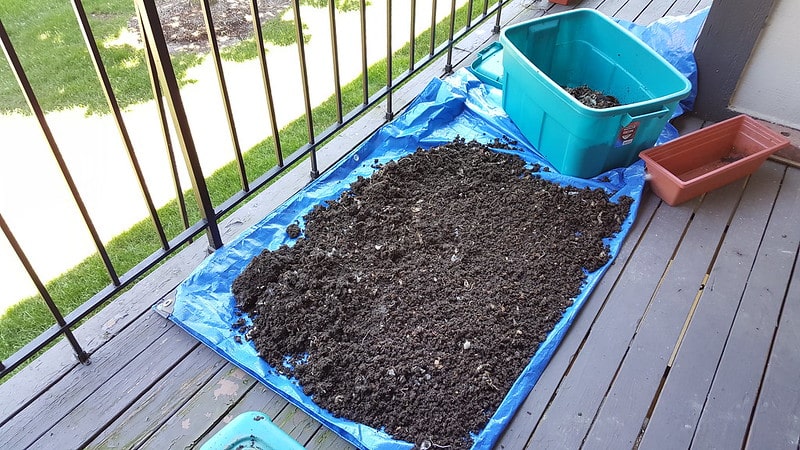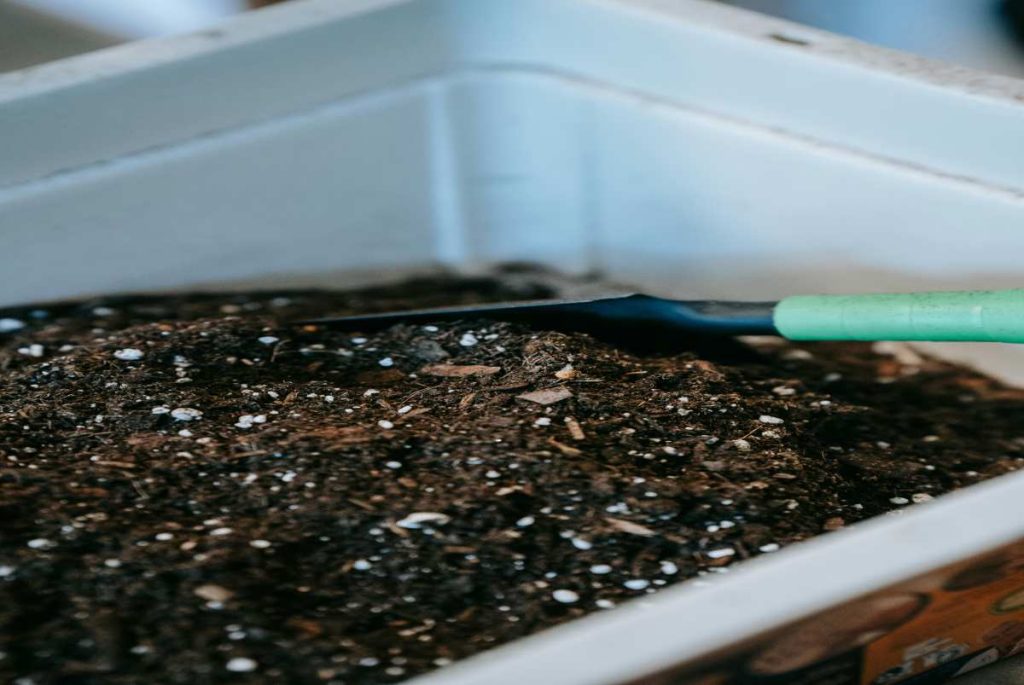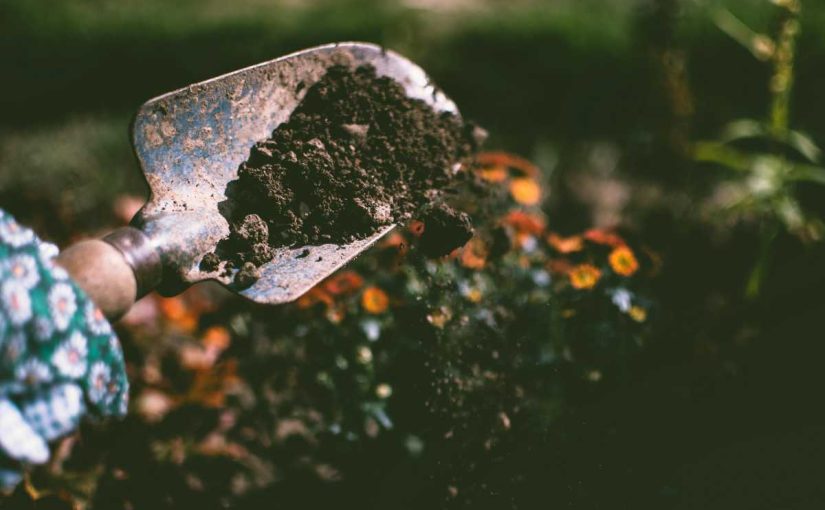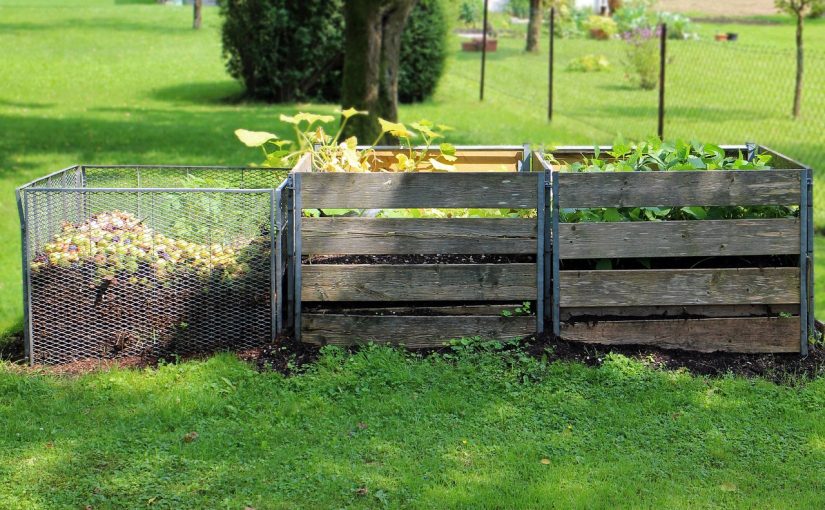Composting is an eco-friendly way to recycle organic waste and create nutrient-rich soil for your garden. However, like anything, there are common pitfalls that can slow down the process or even ruin your compost altogether. By understanding these mistakes and knowing how to avoid them, you can ensure that your composting efforts yield the best results. Here are five of the most common composting mistakes and how to avoid them.
1. Too Much of One Material
Why It’s a Mistake:
One of the most common composting errors is an imbalance of materials, often due to adding too much of one type, such as too many kitchen scraps (greens) or too much dry material (browns). This imbalance can slow down the decomposition process or even cause odors.
How to Avoid It:
Aim for a balanced ratio of carbon (brown materials) and nitrogen (green materials). A good rule of thumb is to maintain a carbon-to-nitrogen ratio of 30:1. The ideal compost should contain a mixture of fruits, vegetables, grass clippings, leaves, straw, and cardboard. If you add too much of one material, the pile can become too wet, too dry, or not decompose properly.
2. Not Turning the Pile Enough
Why It’s a Mistake:
Composting relies on aerobic (oxygen-loving) bacteria to break down materials. If your compost pile isn’t turned or aerated regularly, it can become compacted, leading to slower decomposition or even unpleasant, anaerobic conditions that produce foul odors.
How to Avoid It:
Turn your compost regularly—every 1-2 weeks for small piles or more frequently for larger heaps. Turning the compost ensures that the pile gets enough oxygen and helps mix the materials for faster decomposition. Use a compost fork, shovel, or a compost aerator to fluff the pile and introduce air.
3. Adding Non-Compostable Items

Why It’s a Mistake:
While composting seems like a free-for-all for organic waste, not everything belongs in the compost bin. Adding meat, dairy, oily foods, diseased plants, or pet waste can attract pests, create strong odors, and even contaminate the compost with harmful pathogens.
How to Avoid It:
Stick to composting fruit and vegetable scraps, grass clippings, leaves, coffee grounds, eggshells, and other plant-based materials. Be cautious about adding things like dairy products, meat, and bones, as they can lead to trouble. Always research items you’re unsure about before tossing them into the bin.
4. Not Monitoring Moisture Levels
Why It’s a Mistake:
Moisture is crucial for the composting process. Without enough water, the bacteria and fungi that break down organic material can’t do their job. On the flip side, too much moisture can cause your compost pile to become too soggy, creating a smelly, anaerobic environment.
How to Avoid It:
The ideal moisture level is about 40-60%. Your compost should be as moist as a wrung-out sponge—moist but not dripping wet. If the pile is too dry, add water or wetter materials like fruit scraps. If it’s too wet, add more dry, carbon-rich materials such as straw, leaves, or cardboard to absorb the moisture.
5. Ignoring the Temperature
Why It’s a Mistake:
Composting is most efficient when the pile is kept at the right temperature, typically between 130°F and 160°F (54°C–71°C). If the pile is too cold, decomposition will slow down, and if it’s too hot, it could kill off beneficial microorganisms.
How to Avoid It:
Monitor the temperature of your compost regularly using a compost thermometer. If the pile is too hot, add more browns to help cool it down. If it’s too cold, turn the pile more frequently and ensure it’s properly aerated. You can also add more nitrogen-rich materials like grass clippings or kitchen scraps to raise the temperature.
Conclusion
Composting is a fantastic way to reduce waste and enrich your soil, but it’s important to avoid common mistakes that can slow down the process or ruin the compost altogether. By maintaining a proper balance of materials, turning the pile regularly, monitoring moisture and temperature, and avoiding non-compostable items, you can create nutrient-rich compost that benefits your garden and the environment. Keep these tips in mind and enjoy the benefits of composting without the common headaches.




